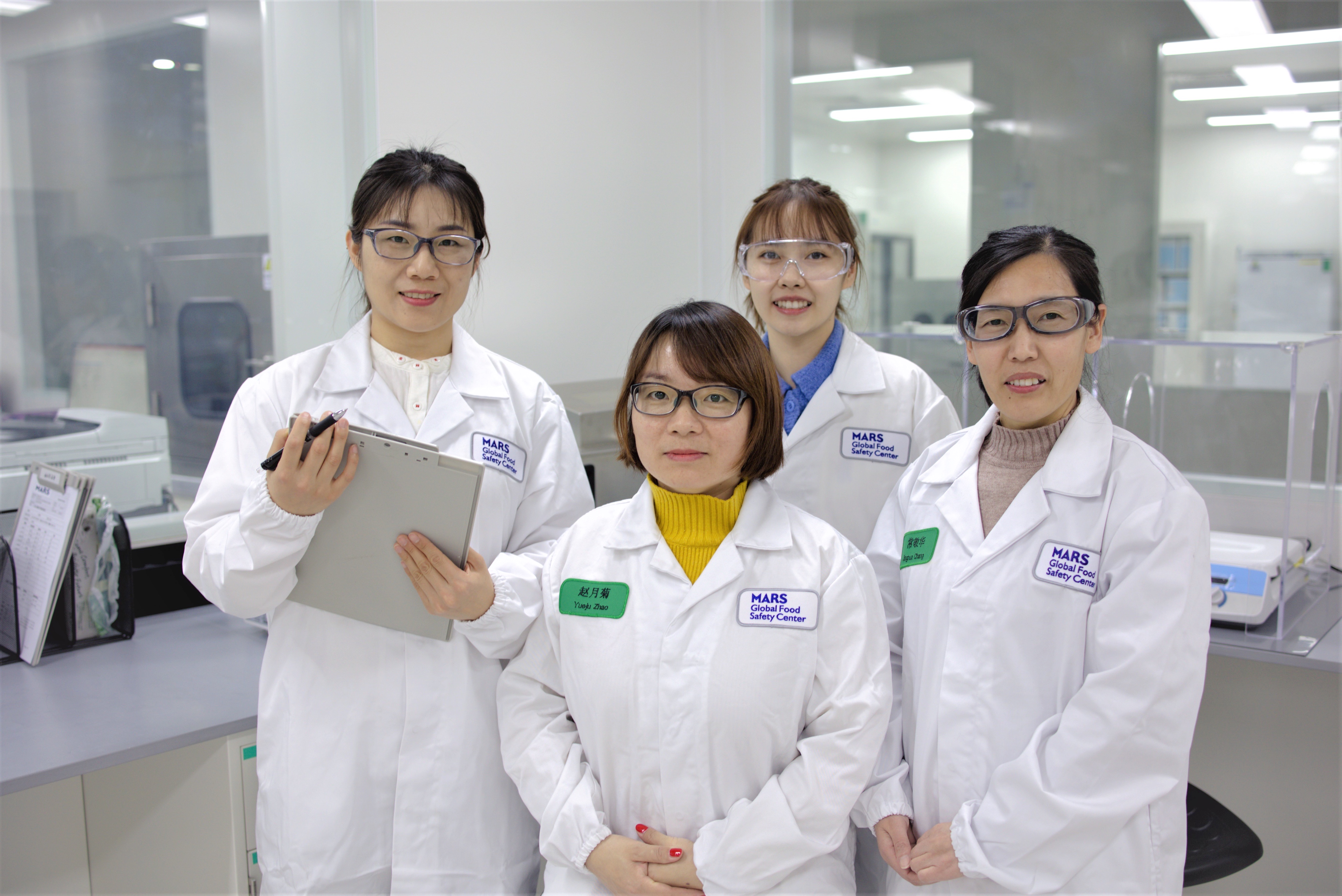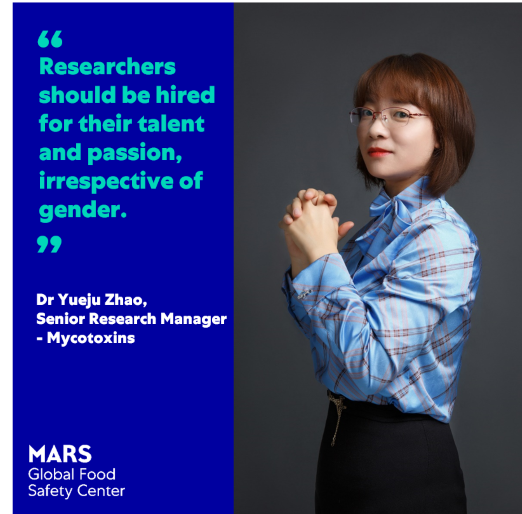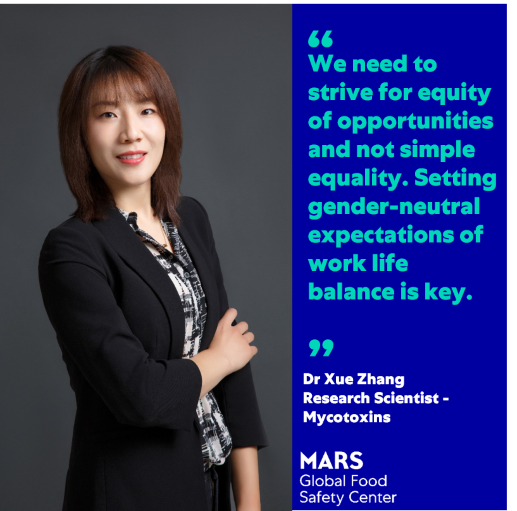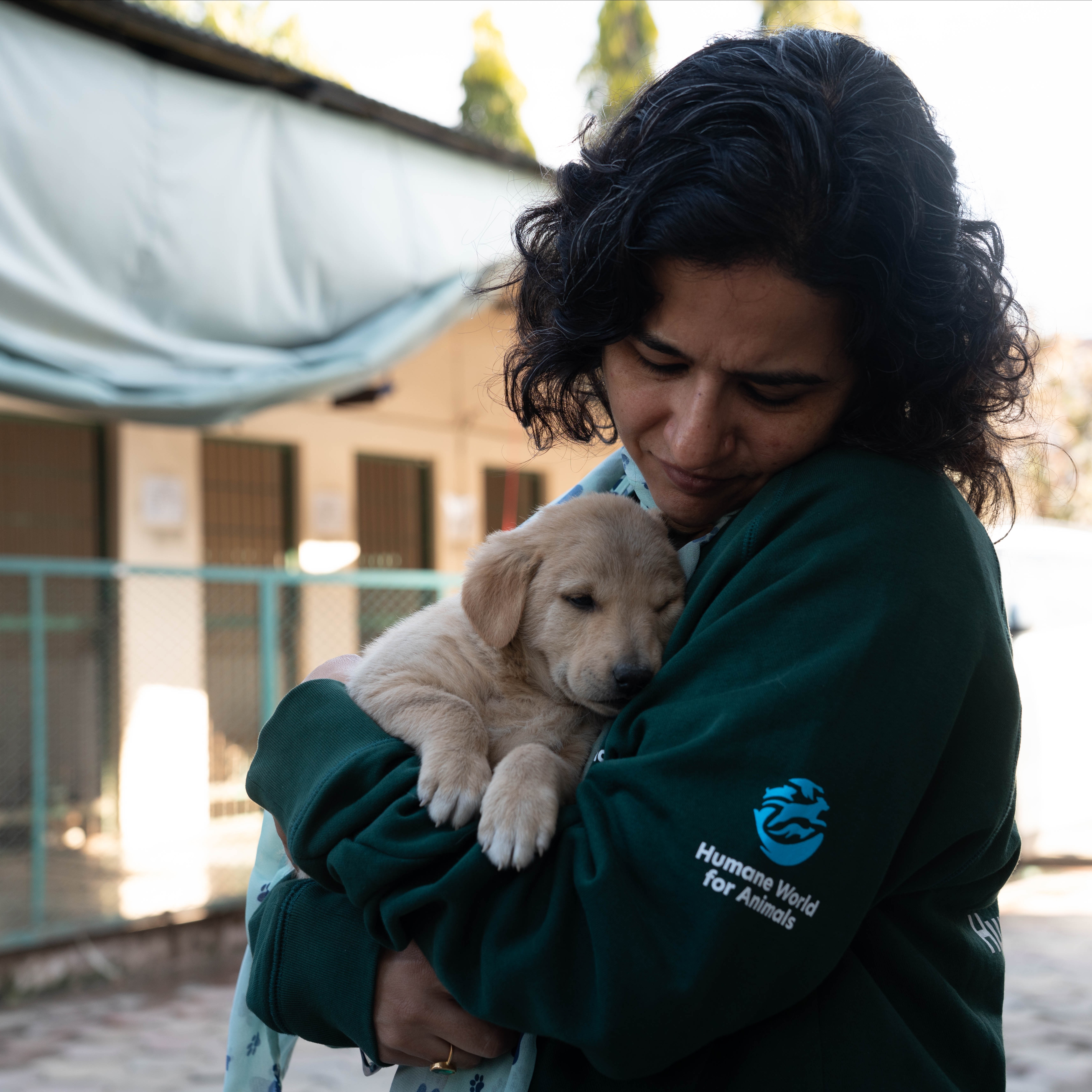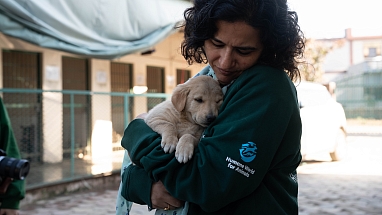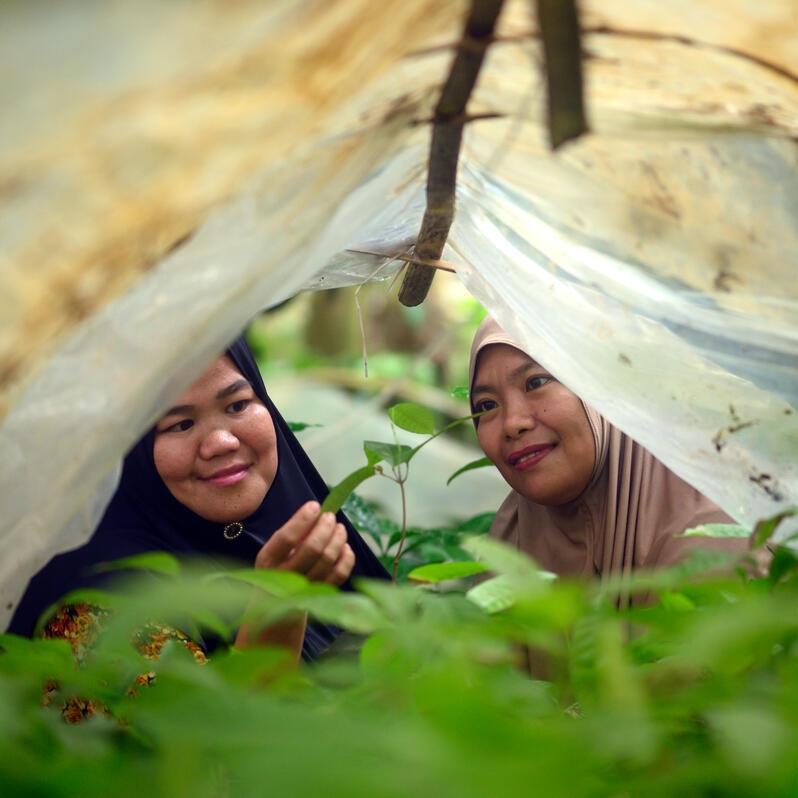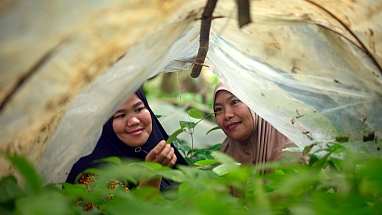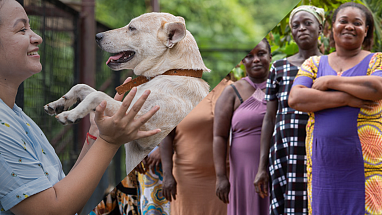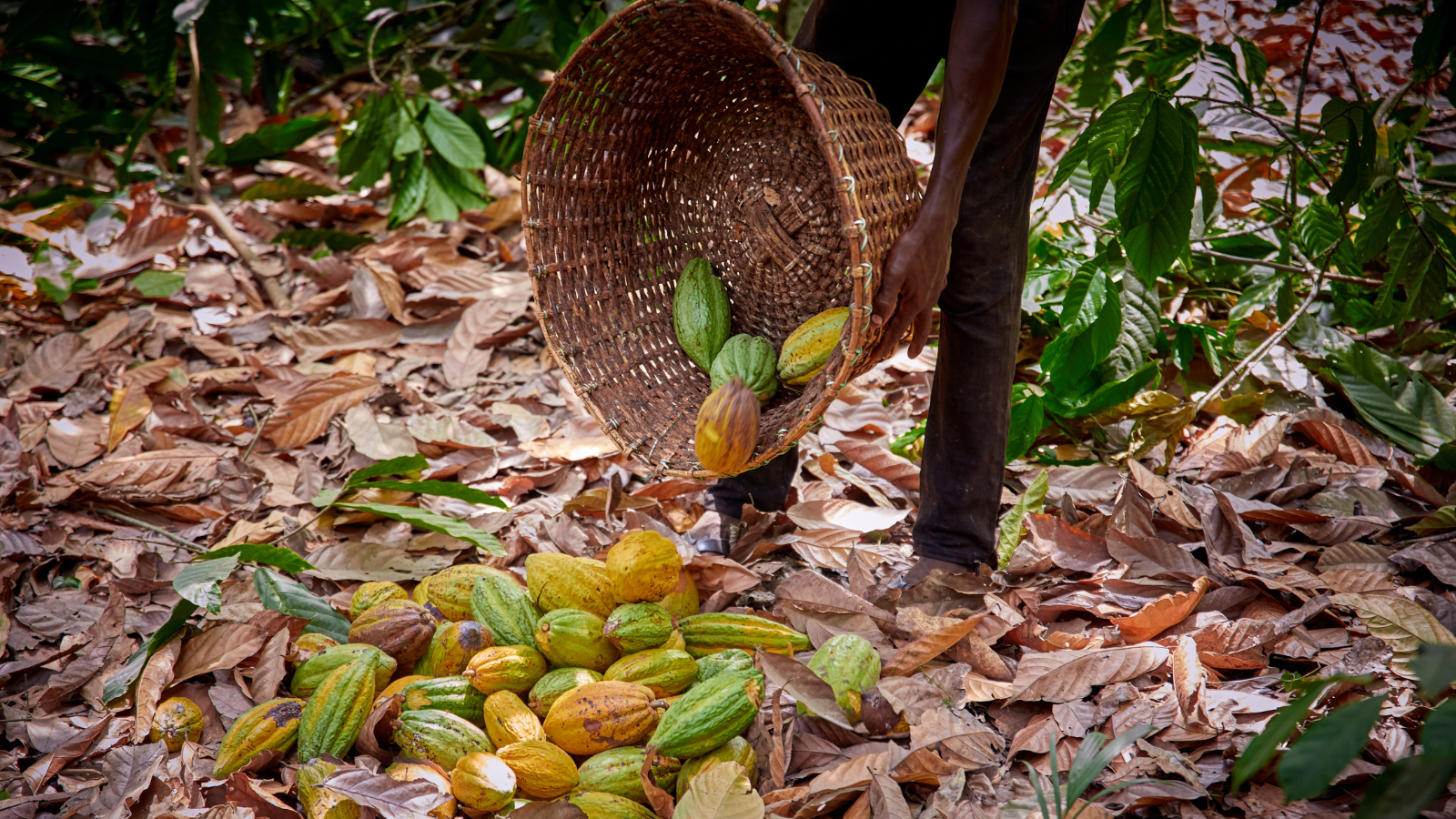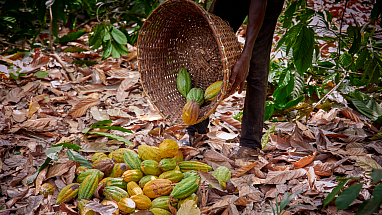This UN International Day of Women and Girls in Science we continue to campaign for full and equal access to and participation in science for women and girls across the globe. Even though women have made tremendous progress, they are still under-represented in fields such as Science, Technology, Engineering, and Math. (STEM)
At the Mars Global Food Safety Center (GFSC) we know more must be done to achieve gender equality in STEM and empower women and girls to follow their passions for science.
We have a strong history of celebrating women in science, including hosting events and functions with the AMCHAM Women’s Advisory Council to offer real-world exposure to professional environments and inspiring role models, creating environments in which women can have open discussions about the barriers they have faced as a women in STEM, and provide council to their peers to help learn and grow together.
We are also proud to work with some of the best and the brightest scientists in the world. 75 percent of our site team is female, and we have an all-female team in our Mycotoxin Risk Management program.
At Mars, we believe in elevating women’s voices and listening to their experiences and perspectives. Today we’re talking to our all-female Mycotoxin team about what it means to them to be women in STEM. Here’s what they had to say:
An all-female research team, with a female research lead is quite unique! Has your experience in this team been different from any previous teams you have been a part of?
Dr Jinghua Chang, Senior Associate Scientist: Exactly this. As a diverse research center, we have teams across the spectrum of gender ratios, but I have never felt that our team is in any way different from the others in terms of our research ability. What I value about our team, what is truly unique, is that we span a range of age groups. We can share the experiences of every stage of working life. Our older teammates provide invaluable wisdom in life and work, and in return encounter a range of new ideas from our younger teammates.
Dr Xue Zhang, Research Scientist: I find it a comfort to be able to easily relate to each other; we have all had similar experiences in our careers to get to where we are, similar obstacles we faced due to our gender and environment, and as such it can feel very easy to speak openly with one another and receive support from those who have gone through this before. That is what is different about being in an all-female team for me.
What makes an effective female leader in STEM?
Dr Yueju Zhao, Senior Research Manager – Mycotoxins: Empathy and a strong sense of principle. I have found the skills I acquired in my role as a parent to be empowering as I develop my leadership skills and the careers of Associates in my charge. There is no ‘one size fits all’ for interacting with your team, you must provide each with personalized attention and care: be gentle when needed and firm when appropriate. If you can do this, if you can be gentle, if you can listen to their needs in place of dictating your own, you will be an effective leader, regardless of your gender.
Dr Jinghua Chang, Senior Associate Scientist: Active listening. The ability and desire to listen to your colleagues may be a natural advantage of female leaders, which in my opinion is a vital quality of a good leader. More than that, they need to be able to take what they have heard and have the organizational agility to ensure that every member of the team can leverage their natural strengths and develop their interests.
Dr Xue Zhang, Research Scientist: We need to combine the best qualities found in all leaders to build a robust picture of a woman in a successful leadership role. Not only can they be soft, considerate, careful, and responsible, but they should also include qualities such as creative, diligent, decisive, and trustworthy. Having a well-rounded set of characteristics and principles is the sign of a good leader in science and in business.
Junnan Zhang, Contractor: We need to continue to move away from the stereotype that in order to be an effective female leader you must assume the persona of an “Iron Lady”. The characteristics for a woman to be an effective leader are the same as for any other gender: to model professionalism, principles and responsibility for the Associates that look to you for guidance. I consider my current team a model for any future team I may lead; we are respectful of each others’ opinions, and supportive of our teammates as they explore what it means to be their true selves at work.
What do you see as an important next step for women in STEM?
Junnan Zhang, Contractor: For me, the next step should be to focus on removing gender as a point to consider in STEM. Anyone can make a valued contribution to science, regardless of their gender, the most important thing should be that they continue to strive to improve themselves, their workplace, and their society.
Dr. Xue Zhang, Research Scientist: I agree it should be genderless contribution however at the same time we need to make sure we are striving for equity and not just equality. In many parts of the world, there is often still the expectation that women take on more of the care of the family than the men in similar positions. We need to ensure that this does not create a barrier for women to progress their careers by providing the same opportunities to everyone and setting the same expectations of a work-life balance.
What is it about mycotoxins research that has a particular draw for scientists?
Junnan Zhang, Contractor I think, with the rise of the health preservation tide, more people are paying attention to food safety, in general. The Mars GFSC actually ran a survey on this is in 2020 and found that Food Safety was a top 3 global issue for 52% of respondents, with over 3 in 4 people considering among the top 10.2 Mycotoxin risk control is also an important part of food safety and it’s going to be a real challenge to solve, requiring the power of international collaboration between a network of global partners to make any headway. I think that challenge will attract all researchers who both care about food safety and thrive on this open way of working.
Dr Yueju Zhao, Senior Research Manager – Mycotoxins: And of course, with food safety being such a broad area of interdisciplinary research, young researchers entering the field can follow their passion for advancing food safety capabilities whilst still contributing to family and society. The range of opportunities available means everyone can find the work-life balance that suits them.




